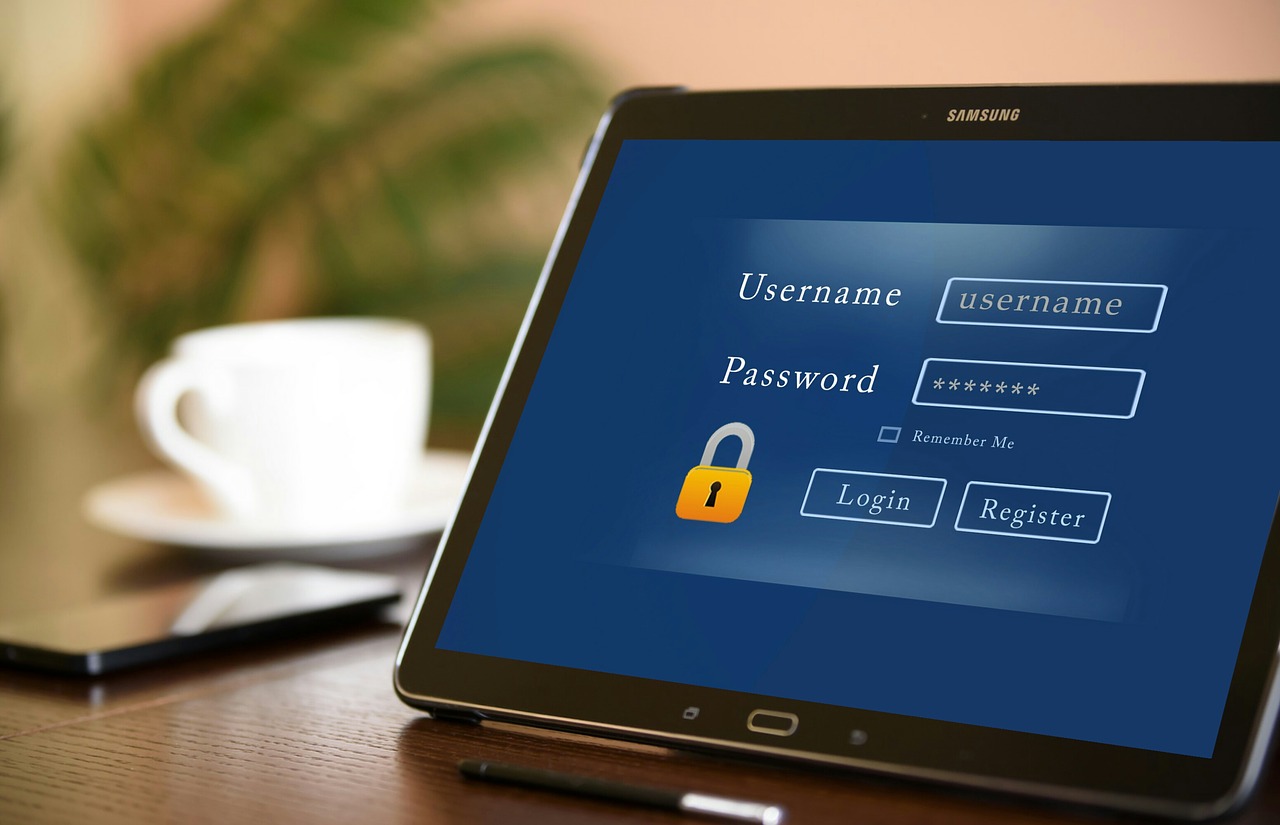What’s not to love about Ubuntu? It’s free, totally customizable, and more secure than Windows. Well, perhaps it’s not 100% immune to viruses and other online threats – but with a few simple tweaks, you can make your Ubuntu installation about as safe as Fort Knox.
In this article we’ll take a look at some of the best ways to beef up Ubuntu’s security, like adding a firewall, encrypting your data, and using antivirus software. You’ll be surprised at just how easy some of these measures are to implement – so let’s get started!
1. Tighten the locks with complex passwords

When it comes to tightening up your operating system, Ubuntu is a fairly good option to start with. However, there are still a few things you can do to make it even more secure, like using strong passwords.
This should go without saying, but using a strong password is one of the most important things you can do to secure your system. A strong password is at least 8 characters long and includes a mix of letters, numbers, and symbols.
To make your passwords as secure as possible, you can use a Linux password manager like the one here. This program will allow you to create and store strong passwords without having to remember them all yourself.
If your device allows it, using two-factor authentication is another great way to secure your Ubuntu system. Two-factor authentication requires you to provide two forms of identification, like a password and a code sent to your phone, in order to log in.
2. Make use of strong antivirus and malware protection
Another way to harden your Ubuntu security is to make use of a strong antivirus and malware protection program. A good antivirus will help protect your computer from malicious programs and files, while a malware protection program will help protect your computer from being infected by ransomware, trojans, spyware, and other types of malware.
There are many excellent antivirus and malware protection programs available for Ubuntu, such as the one by Avast. Whichever antivirus you use, make sure to keep it up to date with the latest virus definitions. Additionally, scan your computer regularly for malware and viruses.
3. Encrypt your hard drive for added protection

This next tip gets a little more technical, but it’s a crucial one: using full disk encryption. Ubuntu offers several ways to encrypt your entire system, one of which is through using eCryptfs. This software suite provides protection for your data and is relatively easy to set up.
To get started, open a terminal window and type the following command:
sudo ecryptfs-setup-private
This will walk you through the process of setting up encryption on your system. Be sure to follow the onscreen instructions carefully:
- Choose a strong passphrase. This will be used to unlock your encrypted data.
- Choose a location for your encrypted data. This can be an external drive or another location on your system.
- Mount your encryption key when you log in to Ubuntu. To do this, open the “Startup Applications” menu and add “ecryptfs-mount-private”.
- When you log out of Ubuntu, be sure to unmount your encryption key by typing the following command:
sudo ecryptfs-umount-private
If you don’t unmount your encryption key, your data will not be protected.
Once you have encrypted your system, you’ll need to enter your password every time you start Ubuntu. This may seem like a hassle, but it’s worth it for the added security. Encrypting your data means that even if someone gets their hands on your computer, they won’t be able to access your files without knowing your password.
4. Make use of the Linux firewall
While there are plenty of third-party programs you can make use of to tighten up your Ubuntu security, Linux also has its own arsenal of security measures in place – you simply need to learn how to use them to your advantage. One such measure is the Linux firewall, which you can use to block certain ports from being accessed, among other things.
The firewall is disabled by default, so to configure your firewall, you’ll need to open up a terminal window and enter the following command:
sudo ufw enable
This will activate your firewall. You can then use the following commands to block different ports:
sudo ufw deny 22
This will block port 22, which is the standard port for SSH traffic. You can replace “22” with any other port you like, or simply enter “ufw default deny” to block all ports except those that you specifically allow.
Using the Linux firewall will help to secure your Ubuntu system from unauthorized access, as well as from malicious programs that may be trying to exploit open ports.
Conclusion
It’s always a good idea to maximize your security, no matter which operating system you’re using – but thankfully, Linux has already done most of the work for you! By following the tips above, you can make Ubuntu more secure and help protect your computer against possible attacks.



